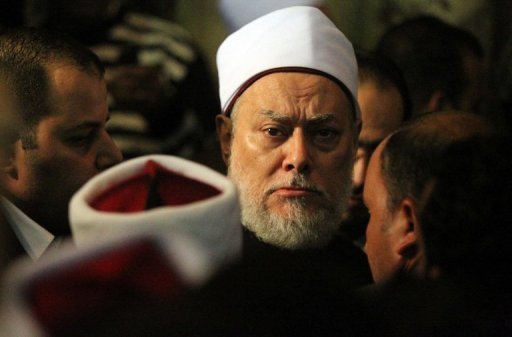
(Photo Palestinian health ministry handout)
An UNRWA school in Gaza’s Rafah city was bombed on Sunday morning and initial reports say at least 10 have died, after the United Nations humanitarian coordinator described the situation in Gaza as a “health and humanitarian disaster”.
Gaza’s health ministry spokesman Ashraf Al-Qedra said bodies and injured people “lay beneath the rubble” in Rafah city and “on the roads”. He added that 72 people died in Rafah on Sunday alone and 150 were injured.
After a failed ceasefire attempt between Palestinian factions in Gaza and Israel on Friday, the southern Gaza city became the target of intense shelling and fighting, described by the UN Office for the Coordination of Humanitarian Affairs as the “heaviest” recorded since the start of fighting.
The attack comes hours after Israel Defense Forces (IDF) spokesman Peter Lerner’s announcement that the Israeli operation in Gaza, titled “Protective Edge”, has moved to the “next stage”, with the army “redeploying to enable combat against Hamas”. Israel claims that “Hamas hides their weapons in and fires from schools, hospitals and mosques”.
An UNRWA staff member is among those who had been killed in Rafah. He is the ninth UNRWA staff member who died since the launch of the operation.
Since the onset of IDF operations in the Gaza Strip, there have been mass displacements and UNRWA schools have been providing shelter for many who fled their homes following evacuation orders from the IDF or after their homes were damaged or destroyed.
UN Humanitarian Coordinator James W. Rawley said on Saturday “we are now looking at a health and humanitarian crisis, the fighting must stop immediately”.
The fighting, which has lasted nearly one month, has caused extensive damage to key water and electricity infrastructure. Gaza’s sole power plant has been shut down since its shelling last on 29 July, which has left the strip with a power deficit of 89%, the OCHA report said.
“The public health system is nearing collapse,” the report said. Due to insecurity, five hospitals have had to shut down. The power deficit is putting further strains on the already stretched health system, with hospitals running on generators. Around 250 injured Gazans were transferred to Egyptian and Jordanian hospitals on Saturday.
The Israeli operation was launched on 7 July with the aim of stopping “Hamas rocket fire into Israel”. It had drastically escalated on 17 July when Israel launched a ground operation in Gaza.
The deadly fighting has thus far claimed 1,766 Palestinian lives and has left more than 9,000 injured. It is estimated that over 1,000 of the Palestinian deaths are those of civilians.
On the Israeli side, the death toll has risen to 67, after an IDF committee concluded that the soldier who was suspected to have been captured by Hamas “was killed in action”. The deaths in Israel include three civilians, one of which is a Thai migrant worker.
The UNRWA school in Rafah is not the first to be hit since the beginning of fighting. On Wednesday, an UNRWA school was repeatedly shelled in Jabalia, north Gaza. The incident was widely condemned including by UN Secretary General Ban Ki-moon, who said it was “outrageous” and “unjustifiable”. Ban added that “all available evidence points to Israeli artillery as the cause”. The attack came despite the exact location being communicated to Israel 17 times.
On 24 July, an UNRWA school in Beit Hanoun, northern Gaza, was struck, killing at least 15 people.
UNRWA said it is estimated that 113 UNRWA installations have been damaged since 1 June 2014.
Out of an estimated 460,000 displaced Palestinians, or a quarter of Gaza’s population, 260,000 are being hosted in 90 UNRWA schools. The schools are overcrowded with each school hosting an average of 2,800 people, despite having a normal capacity of 500.
Others are seeking shelter in government schools, the houses of relatives or host families or informal shelters. It is estimated that “900 houses have been totally destroyed or severely damaged since the beginning of the IDF operation, causing civilian casualties, including multiple members of the same family,” OCHA said. One family has lost 13 members, including seven children.



